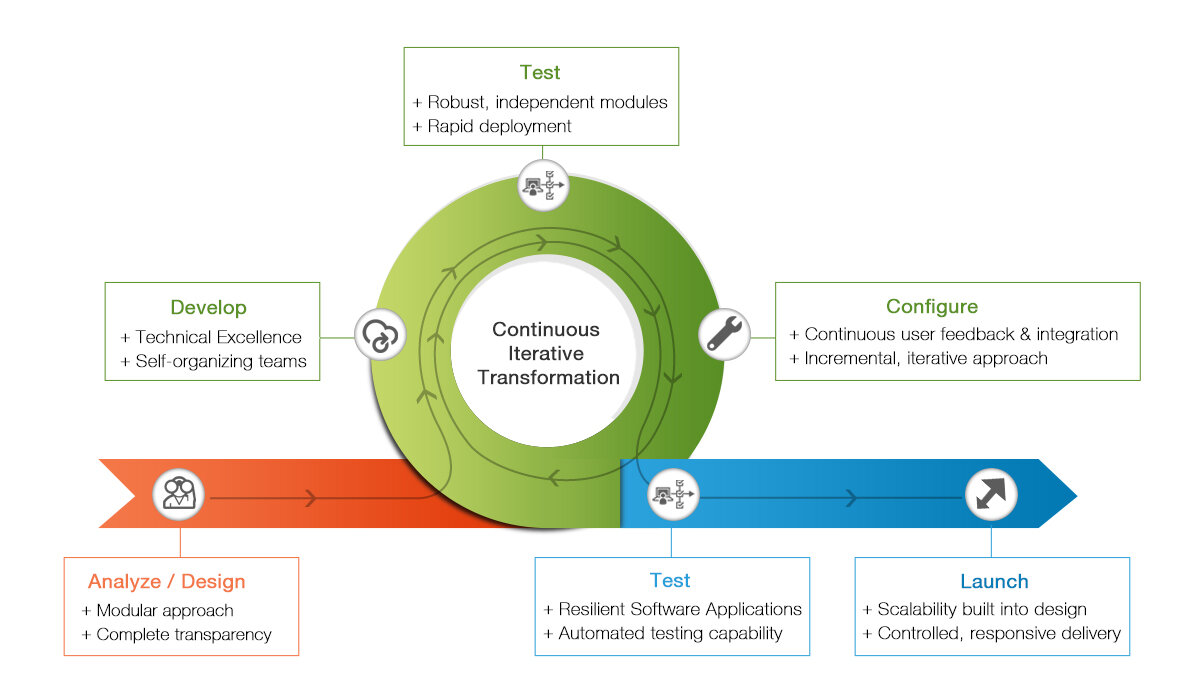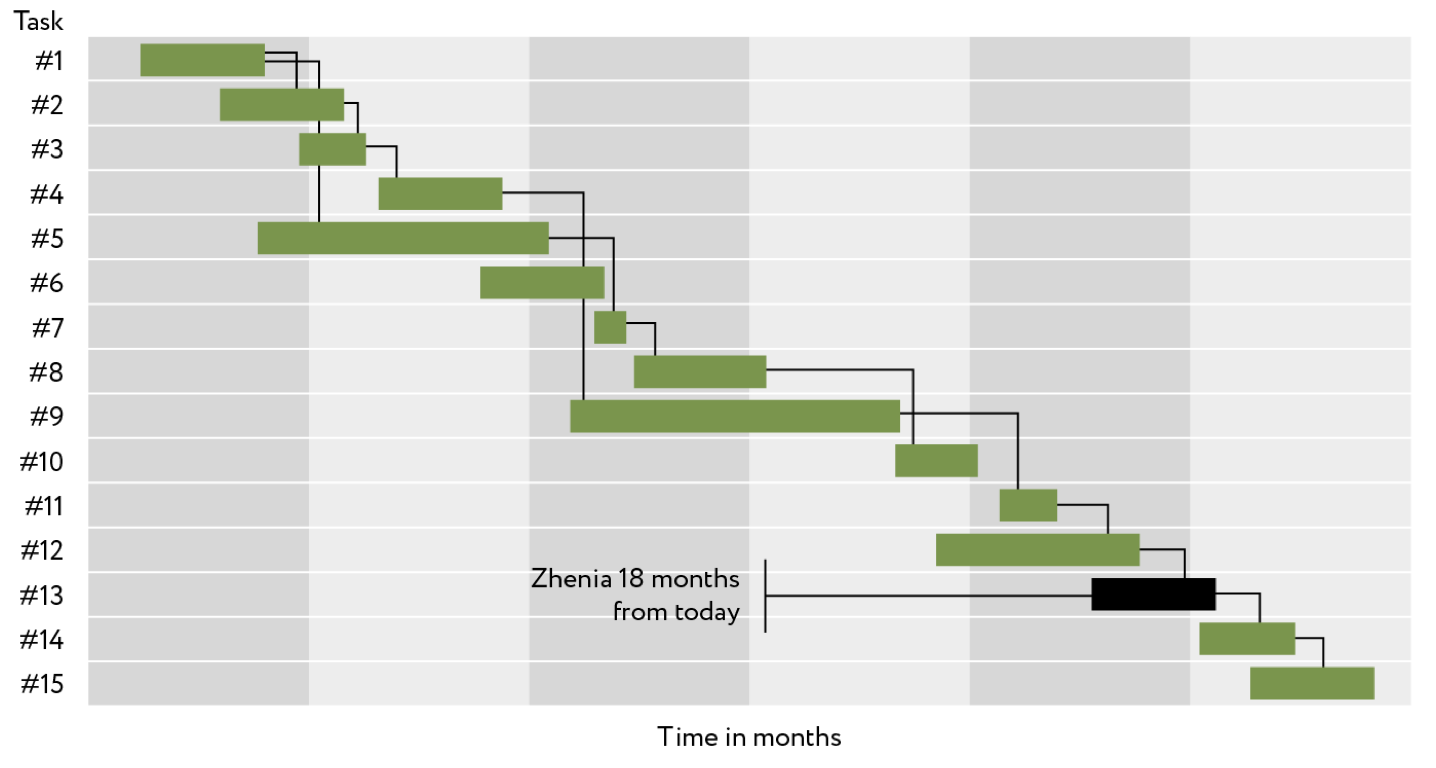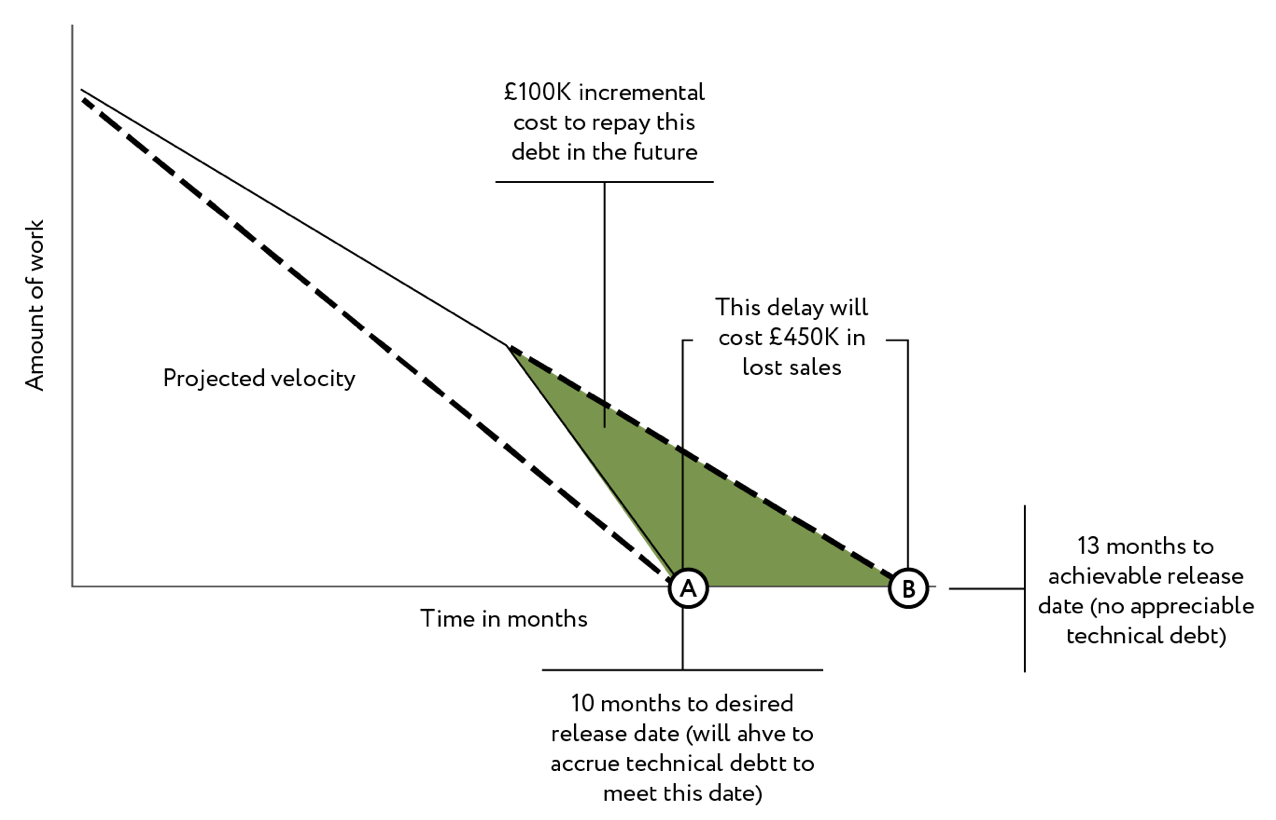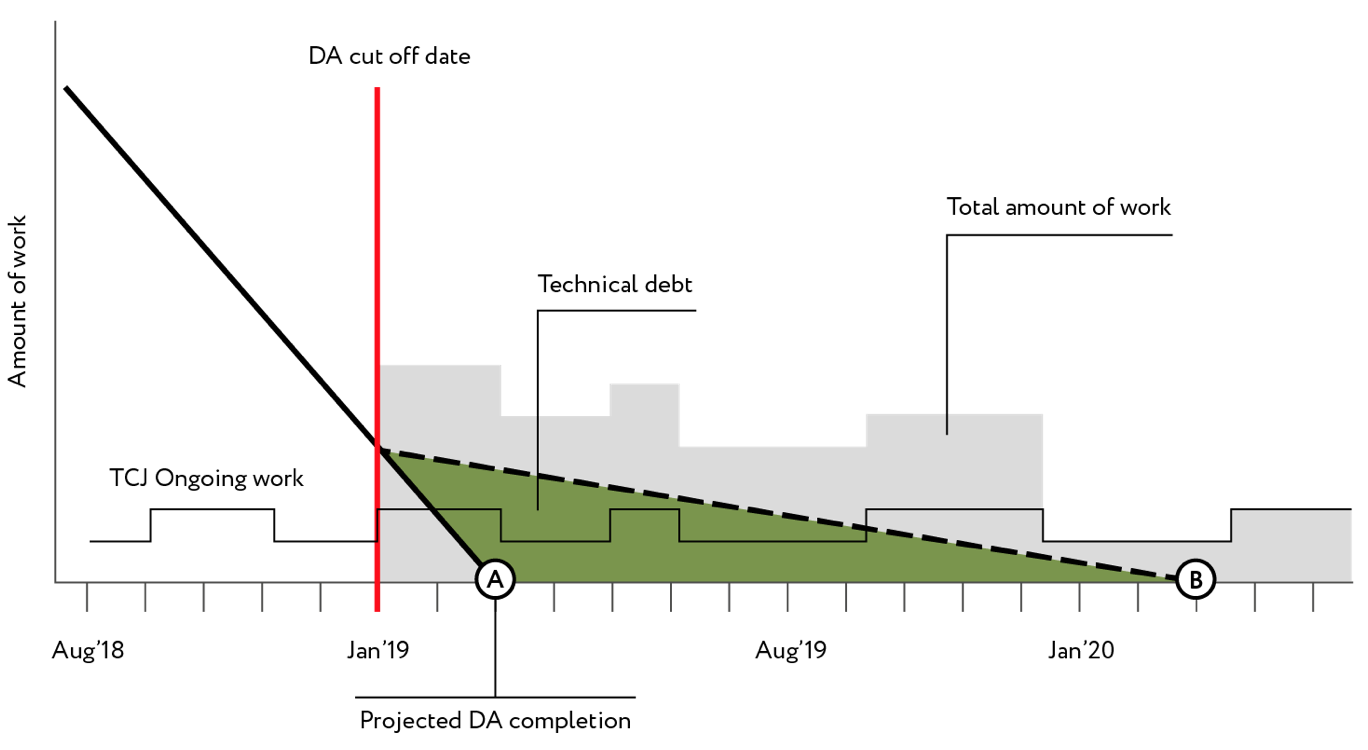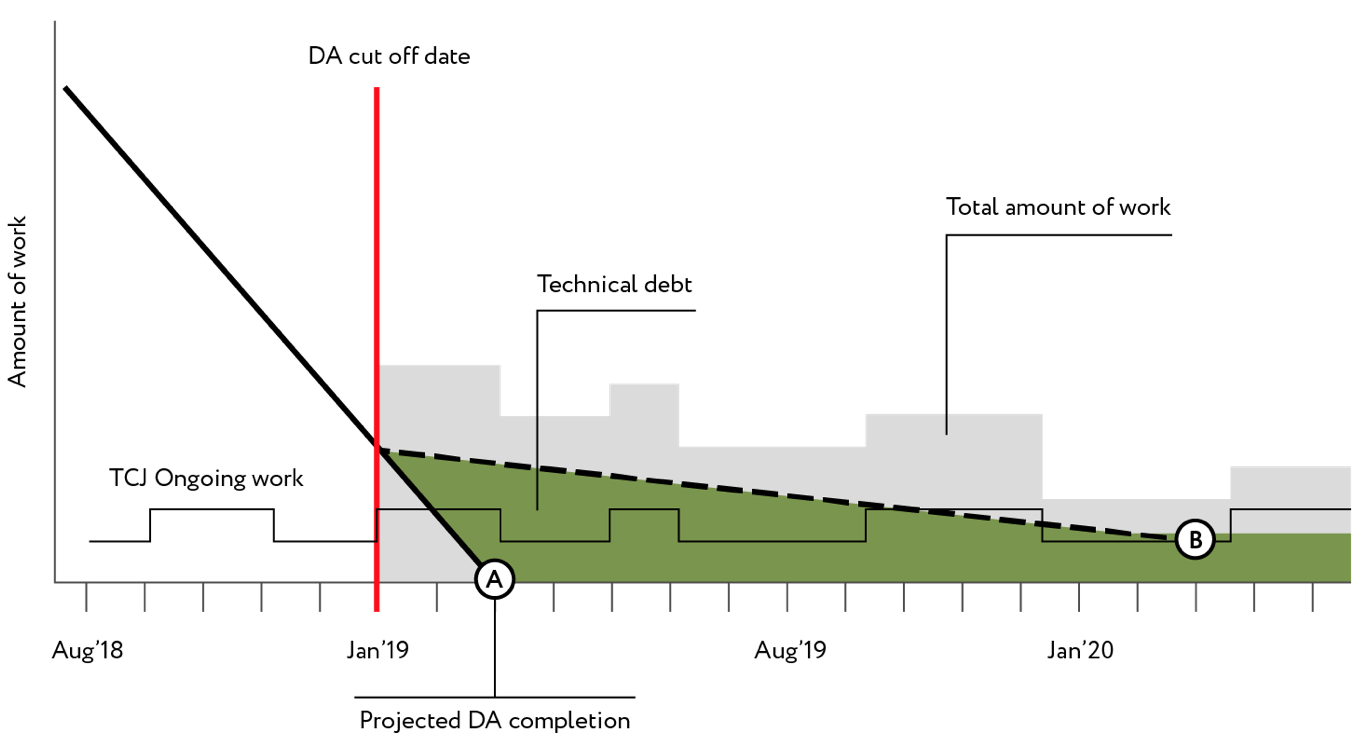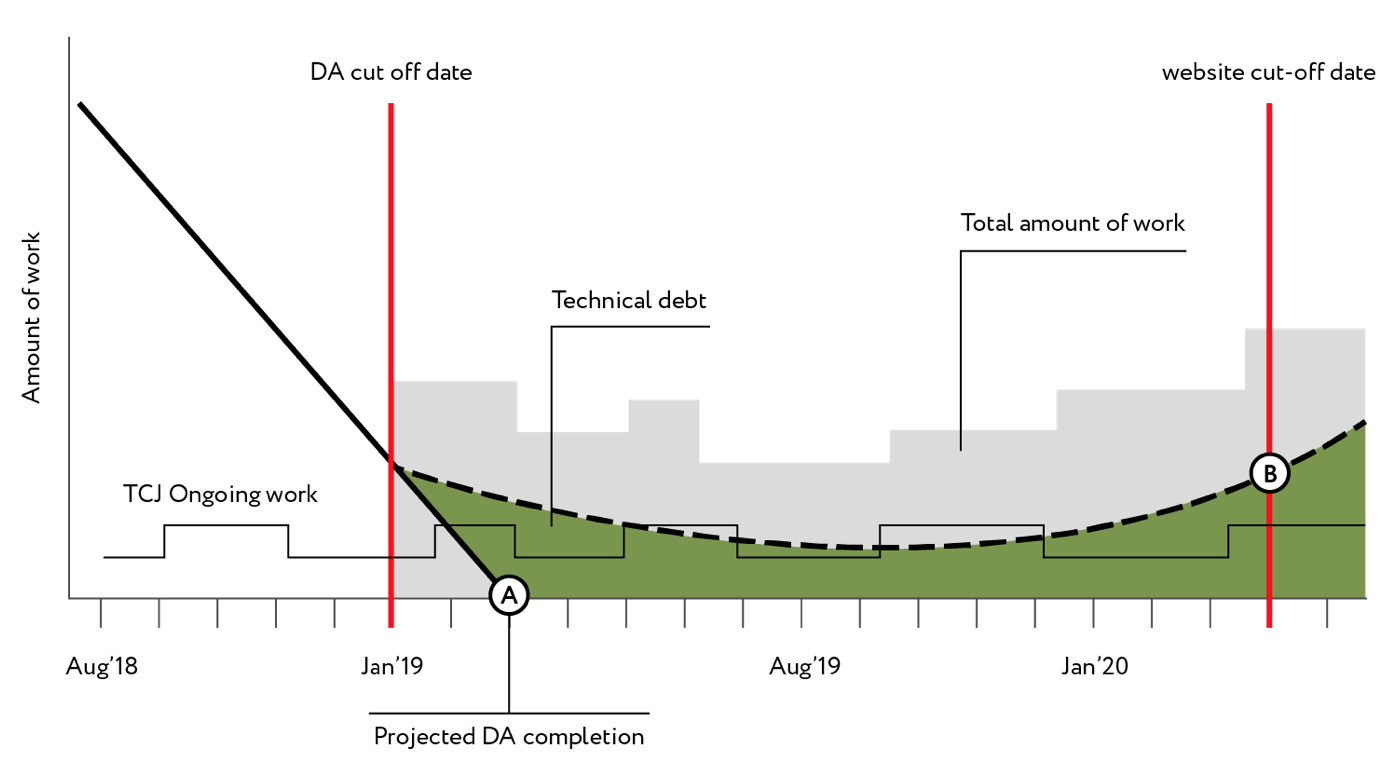Fuchs, Christian. Digital Labour and Karl Marx. New York, NY: Routledge, Taylor & Francis Group, 2014.
Austin Distel, Unsplash
PART I Theoretical Foundations of Studying Digital Labour
Claim: An understanding of key concepts of Marx' theory of value is essential for analysis of digital labour.
Who deals with: Karl Marx
Method: narrative. Breaks down Marx’s labour theory of value into key points: (2.2) labour and work; (2.3) use-value, value,exchange-value, money, price, value and price of labour-power, surplus value.
Why important: to Marxists researchers, as a background for his theory, which is the most thorough analysis that is available (25)
Relevance to my research: lays ground to understanding Fuch's theory of digital labour
Notes:
Introduction. Starts with Aristotle's definitions of poíesis (the creation of works from nature) and praxis (self-determined action) (24). This is seen as key to Marxia definitions. Looks at how later thinkers responded to this duality in definitions: Paulus, Thomas Aquinas, Martin Luther, John Locke, Adam Smith, Hegel.
Marx breaks down economy into production, distribution and consumption. Humans are seen as having doing work, which is a conscious productive activity, aimed at producing means of subsistence. Their need is described as "production of material life itself" (Marx, Karl, and Friedrich Engels. 1845/1846. The German ideology. Amherst, NY: Prometheus Books.) Subjectivity in Marx is the world of work that surrounds the commodity, which is seen as objective. Labour creates use-value.
Marx sees labour as natural condition of human existence. There is an implied "interchange between man and nature", which I would question i two ways: (1) man and nature dualism needs to be further nivetigated; (2) argue the evidence for the interchange - capitalism uses extractive logic, which does not presuppose to give anythinig to nature in return of resources.
Fuchs uses the following distinction between work and labour drawn by Marx in Capital: "Labour which creates use-values and is qualitatively determined is called ‘work’ as opposed to ‘labour’; labour which creates value and is only measured quantitatively is called ‘labour’, as opposed to ‘work" (27 quoting Marx, 1867c: 138). In other words, in labour humans do not own means and results of production, and it is necessary alienated. Work is a process where humans make use of technology to transform nature and society and satisfy human needs. Freedom begins where labour ends.
Labour creates "objective form", the product from the material by the activity that uses the instruments (technology). Labour is seen bby Marx as something that consumes materials and instruments, and thus is also a process of consumption.
Hegelian dialectical concept of subject-object relation prescribes the subject as a "posited unseparatedness of moments in their distinction" and objects are external undetermined totality, and the idea is a subject-object relation, or a process. (28). Marx supports these views and extends them into the realm of economy.
Use-value in Marx is a piece of natural material adapted to human needs through changing its form. Labour is objectified (congealed) in product - and this is true also in the phenomena of internet as the sum of efforts of many people. Latter can also be defined as objectification, - and even the deliverables in agile terminology are called artifacts. In other words, software development is usually seen as material production, despite the fact that it doesn't result in physical objects.
What I find inconsistent with application of Marxian logic to digital labour is that the product is theorised by Marx as something that "was intended from the outset" (29). According to my argument, in software development the product is not, and cannot be, something that is intended from the outset. Is it true that we need to have a vision in order to start working on software product, but the work on software does not have an end, meaning, by extension, that no result could be imagined from the outset.
The "productive forces" is a system consisting of humans and their tools.
To Marx, capital and labour stand in opposition: "real not-capital is labour” (Marx, Karl. 857/1858b. Grundrisse. London: Penguin: 274). He introduces the idea that in capitalism the worker works one part of the day for her subsistence, and the other part of the day for the capitalist - effectively meaning that outside of capitalism workers would only perform the labour necessary for their subsistence, and wouldn't have to work in the other part of day.
Alienation to Marx comes in four aspects: (1) alienation from the product; (2) alienation from the labour process in the form of forced labour (ibid.,
74), (3) alienation from himself/herself and (4) from other humans and society (Marx, 1844: 74). This earlier categorisation of alienations focuses more on humans than later one theorised in Grundrisse. Out of the manifold alienations, exploitation of labour emerges, in the moment when the worker labours for free (surplus value) and capitalist turns the free results of labour to monetary profit (33). Exploitation occurs in the context of class relations. The latter are seen as something that evolves from relation to production, and is the source of "antagonism between the productive forces and the relations of production" (35). Dead labour is the labour objectified into capital (as Marx sees it, labour as space) and it dominates living labour (labour as time) (Marx, 1861–1863)
Fuchs notes that there are two layers in Capital due to the fact that Marx wrote critique of capitalism and economic theory in the same book. Marx thus has two sets of categories both constituents of capitalism. There are essential and historic categories (36):
What it means that one set are milestones for developing his critique, and the other are economic categories.
Abstract labour here is human power in abstract, the one that can be use in economic analysis. Speaking of abstractions, Marx identifies four kinds: (1) from physical properties; (2) from single products (in favor of quantities); (3) from simple labour activites to more complex tasks; (4) from labour conditions
Marx theorises three types of labour in relation to production: productive (for capital), unproductive(for the worker) and reproductive (to regenerate from work experience). Wage labour is productive, the one that creates surplus value. For Marx, wage labour is the area of interest - in the moment of exchange of use value to money this labour confronts capital. Negri goes as far as to claim that for Marx there is no other labour, but wage labour, but extends this by rejecting the difference between labour and work, seeing both as necessarily alienated. Work is something to be abolished. Fuchs, however, argues that non-wage work is also accounted for, in the notion of collective worker, the sum of labour efforts that labour power spends not only to produce, but to reproduce (37, quoting Marx, Capital Vol.1, 1867: 274).

A part of the horse market in Lorenzkirch, Zeithain, Saxony, Germany. View from the church steeple in Lorenzkirch to the horse market, to the river Elbe and to the town Strehla. Source: Wikimedia Commons
Bibliography
Bidet, Jacques. 2007. A reconstruction project of the Marxian theory: From Exploring Marx’s Capital
(1985) to Altermarxisme (2007), via Théorie Générale (1999) and Explication et reconstruction
du Capital (2004). http://jacques.bidet.pagesperso-orange.fr/londongla.htm.
Cleaver, Harry. 2000. Reading Capital politically. Leeds: Anti/Theses
Marx, Karl. Economic and philosophic manuscripts of 1844 and the Communist Manifesto, 13–168. Amherst, NY: Prometheus.
Marx, Karl. 1857/1858b. Grundrisse. London: Penguin
Marx, Karl. 1861–1863. Economic manuscripts of 1861–1863. http://www.marxists.org/archive/
marx/works/1861/economic/index.htm.)
Marx, Karl. 1867c. Capital, Volume 1. London: Penguin
Negri, Antonio. 1991. Marx beyond Marx. London: Pluto.
Tronti, Mario. 1962. Arbeiter und Kapital, Frankfurt: Verlag Neue Kritik.




